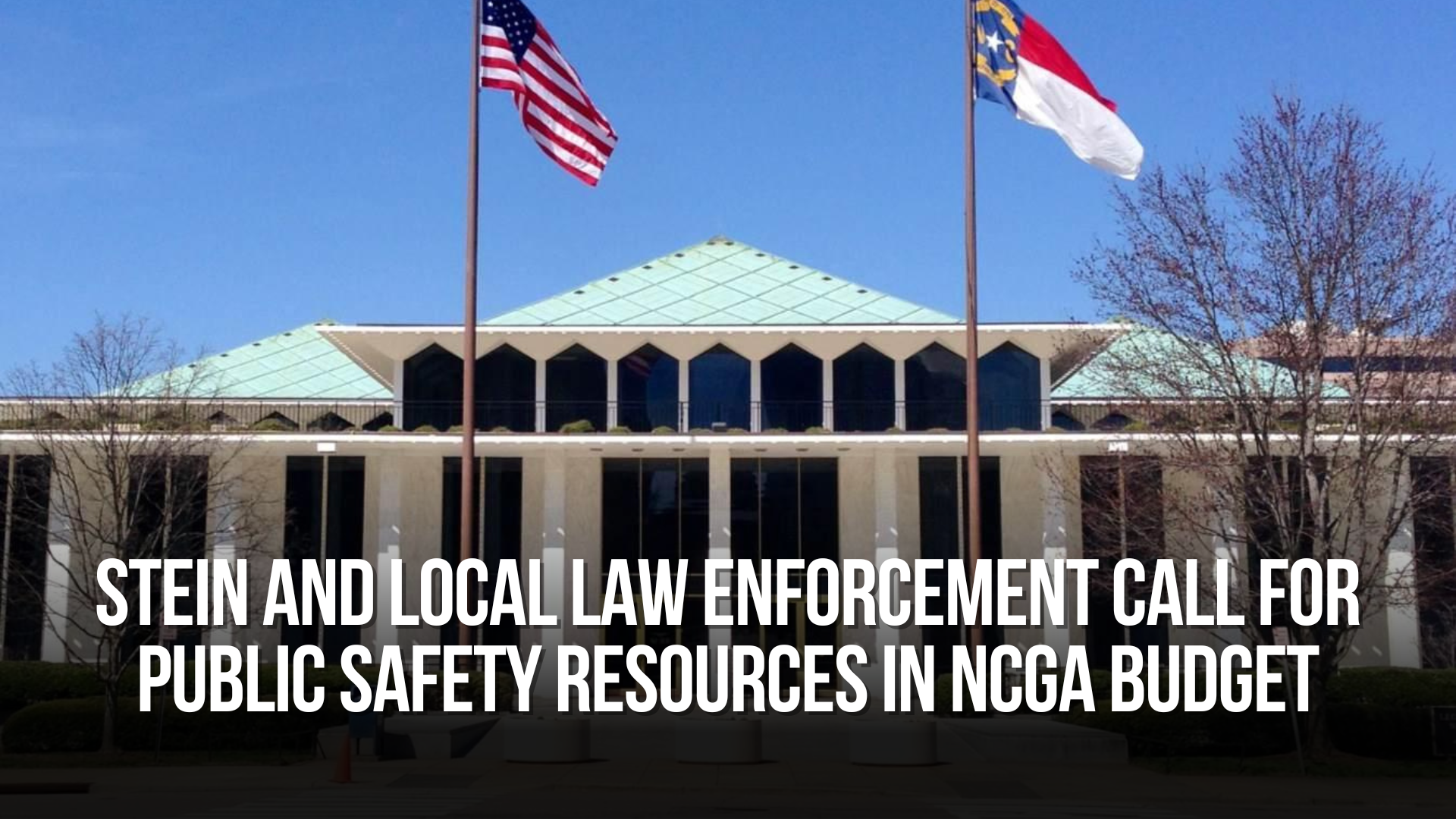John Hood: College Rankings Reveal Awkward Truths
RALEIGH — College and university rankings are a Massive Deal, as Regina George might say — and not just during football season.
U.S. News & World Report was once a weekly newsmagazine. Now its primary business is to publish rankings of college and university programs (as well as hospitals and other institutions). It has many competitors, as the demand for rankings is both broad and deep. Young applicants and their parents use them to make momentous decisions. So do many employers, donors, and policymakers. The schools themselves sift through the rankings to find flattering statistics for their marketing campaigns.
I’ve never put stock in rankings based on inputs such as revenues or endowments. Nor do I find it useful merely to look at completion rates or average salaries of graduates, since such measures may reflect the policy choices of institutions — grade inflation and admissions strategies, respectively — more than they do the true value of the education delivered.
In recent years, I’ve used studies from the Foundation for Research on Equal Opportunity to assess the return on investment for dozens of North Carolina colleges and universities. Today I’ll discuss two new studies that reveal valuable — and sometimes awkward — truths about some familiar names.
First, the Wall Street Journal has just published a revamped set of rankings for 400 institutions. For 70% of the score, the Journal and its partner, the survey firm College Pulse, compared the net price of attendance (tuition, fees, and charges after subtracting financial aid) to an estimate of income gains after graduation. The rest of the score reflects surveys of students and recent graduates as well as measures of student diversity.
Among the 400 colleges and universities studied, North Carolina’s highest-ranking institutions were Duke University (16th), Davidson College (30th), UNC-Chapel Hill (83rd), Wake Forest University (85th), and North Carolina State University (106th). Closer to the middle of the pack were UNC-Greensboro (215th), Elon University (232nd), UNC-Charlotte (235th), East Carolina University (248th), and Appalachian State University (289th).
Also this month, the Foundation for Individual Rights and Expression (FIRE) released a new study of free speech on campus. In another partnership with College Pulse, FIRE used student surveys as well as its assessment of institutional speech policies to rank 248 colleges and universities.
North Carolina’s highest-ranking institution in this study was UNC-Greensboro (9th). Four other institutions — N.C. State (11th), UNC-Charlotte (21st), East Carolina (24th), and Appalachian State (36th) — had above-average scores. Davidson (64th), Wake Forest (88th), and Duke (124th) fell in the middle tier. UNC-Chapel Hill (174th) got a below-average score.
Nationally, FIRE concluded that the campuses mostly friendly to free speech were Michigan Tech, Auburn, University of New Hampshire, Oregon State, and Florida State. The least friendly were Fordham, Georgetown, University of South Carolina, University of Pennsylvania, and — dead last with a zero score — Harvard. (Six additional “warning” campuses don’t even pretend to prioritize free speech, as Harvard does.)
I have some reservations about both studies. The Journal doesn’t adequately adjust for the likelihood that students admitted to highly selective institutions are likely to earn substantial wage premiums over non-college-graduates regardless of the quality of the education received. If we want to measure the value added by university courses and programs, there really is no alternative but to make use of formal tests or other assessments administered upon admission and then again after graduation.
As for the FIRE rankings, they primarily reflect the perceptions of students who are not themselves randomly distributed. In other words, university leaders may truly believe in free speech, and even do a reasonable job of fostering constructive engagement across the political divide, and yet rank poorly because the political divide happens to be deeper among the students who choose to attend.
Neither objection is sufficient to reject these studies outright, though. They convey important information — such as the fact that only 23% of students at Chapel Hill, my alma mater, say it’s “never acceptable” to shout down speakers to keep them from speaking on campus.
John Hood is a John Locke Foundation board member. His latest books, Mountain Folk and Forest Folk, combine epic fantasy with early American history (FolkloreCycle.com).
Are you tired of being bombarded by paywalls and pop-up ads when trying to read the news? Do you believe that access to reliable political news should be free and accessible to everyone? Then we urge you to support NC Political News, a weekly electronic political news outlet.
NC Political News is committed to providing high-quality, unbiased political reporting with columnists from all political sides. Unlike other news outlets, NC Political News is free to read and supported by businesses who purchase ad space on our website and in our newsletter, which goes out Monday through Friday at 7:00 am. This means that readers like you can access the news without being asked to pay a cent or dealing with frustrating advertisements.
However, to continue providing this valuable service, NC Political News needs your support. If you believe in the importance of accessible, free news, we urge you to click the image below. Any amount of support is appreciated.
Together, we can keep the news free and help ensure our state stays informed and connected.




